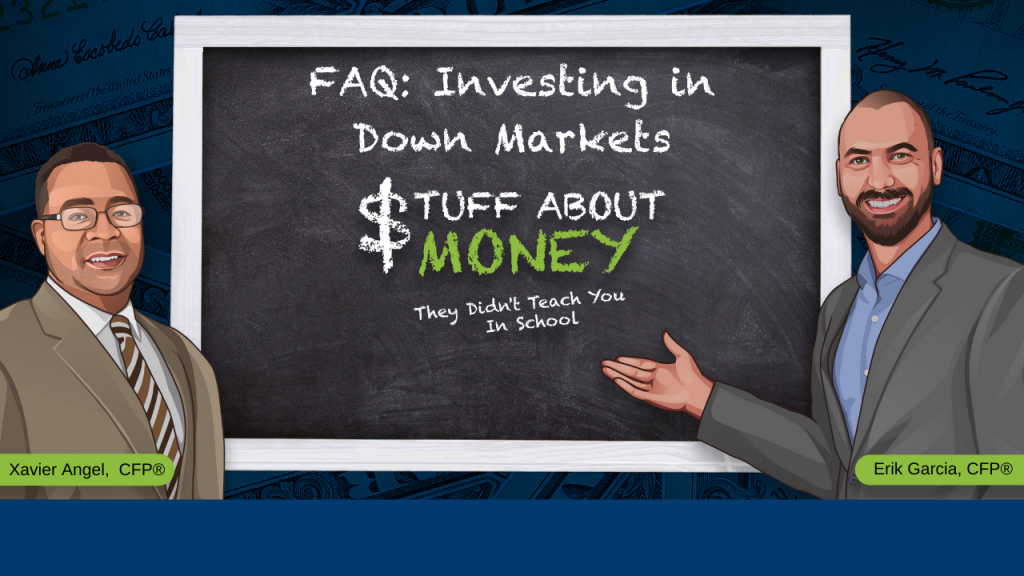Why are your Investments in the Dumps? It might be your Emotions

Why are your investments in the dumps? It might be your emotions
Source: Discover Magazine
The Big Takeaway: Research indicates how you feel about yourself and the world around you may lead to poor investment decisions.
The Details:
Our emotions have more power over us than we might like to believe. How many of us have had a bad day and snapped at our significant others over some unimportant issue? It’s human nature, but that emotional nature may have the same effect on our investment choices.
This article in Discover magazine outlines three different characteristics that impact our investment decisions:
Overconfidence
When it comes to investing, confidence doesn’t always pay off. In a 2020 study, 41,000 investors with non-retirement accounts were given quizzes to measure their investment knowledge and a self-assessment to show how they felt about their money management skills.
Researchers found that people who thought highly of their ability to invest (more confident) tended to be less profitable than their less-confident counterparts. Even more, margin traders who invested with borrowed money were more confident than cash investors, and the trend held true. They were less profitable than cash investors using their own money.
People who are more confident seem to rely more on their investment abilities rather than the facts. Less-confident investors compensate for their lack of confidence by seeking information, making them more profitable in the long run.
Beliefs about money and gains
Imagine hitting it big in the casino. Would you be more apt to stick around and gamble more, or would you walk away from the table with your winnings? For most people, they’d be more likely to stick around and continue gambling. Winning money makes them more tolerant of risk.
The same idea often applies to investing as well. An investor who sees large investment gains tends to be more tolerant of risk and will happily reinvest their earnings. The opposite is also true: investors who lose money tend to be more averse to risk and hesitant to make further investments.
Ability to deal with loss
Have you ever put a lot of time and money into a project, only to discover it wasn’t worthwhile? Once you made the discovery, did you keep going because you were in too deep, or did you cut your losses and get out before all was lost?
The “sunk-cost fallacy,” as it’s known, can cause investors to stick with losing investments. When someone considers the amount of time or money they put into an investment, they become hesitant to let it go, even if they know it’s not the right choice.

Learn More about Investing in Down Markets in the Stuff About Money podcast, Erik Garcia, CFP®, BFA, and Xavier Angel, CFP®, ChFC, CLTC answer listener questions
These three biases can immensely impact our ability to invest successfully. Before making a big investment decision, do some self-reflection to determine the best course of action:
- Are you relying on the facts instead of your investing confidence?
- Are your previous earnings making you overly tolerant of risk? Is a past loss making you hesitant to take future risks?
- Are you hesitant to let go of a losing investment just because you’ve already spent so much time and money on it, or do you have a sound, unbiased reason to believe it will actually turn around?
If you’re curious about your own investing emotions, take this quick quiz.
Your First Step to Financial Security
Schedule your Strategy Session
Curious about working with Plan Wisely? Schedule your no-obligation 30-minute strategy session with us to explore how we can help you achieve your goals.
